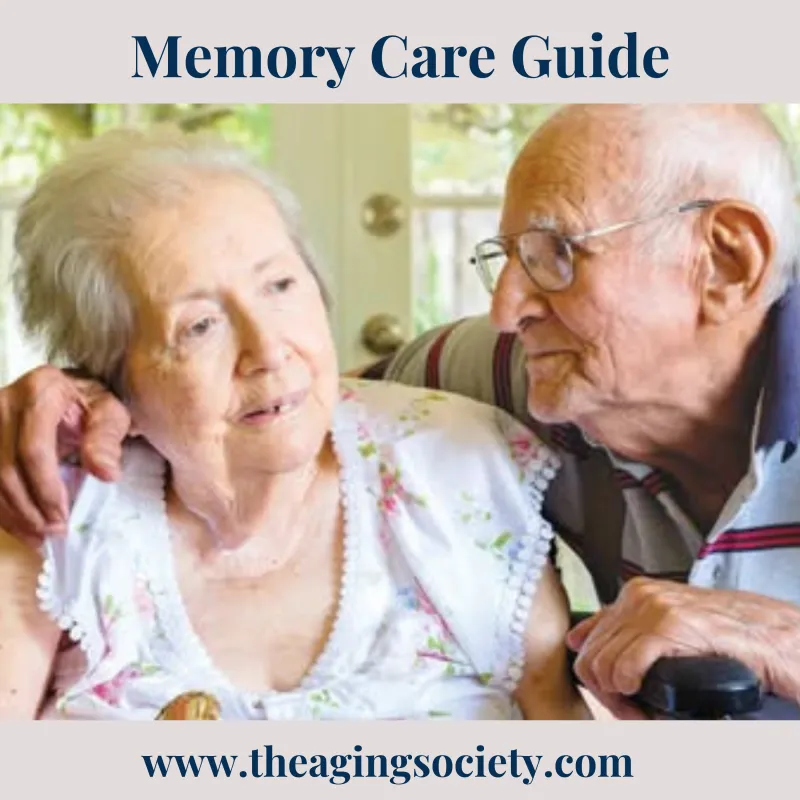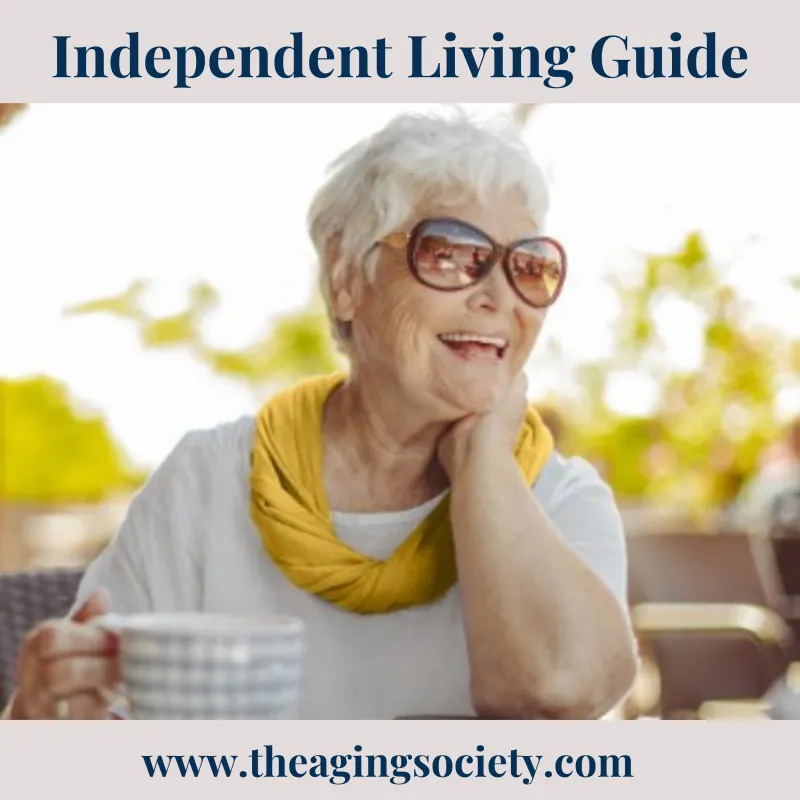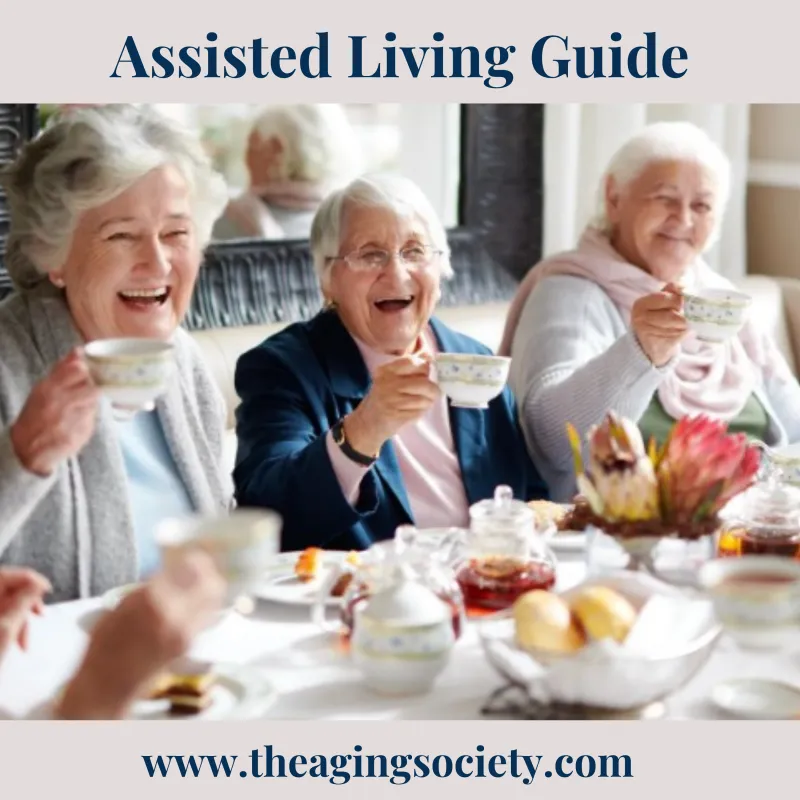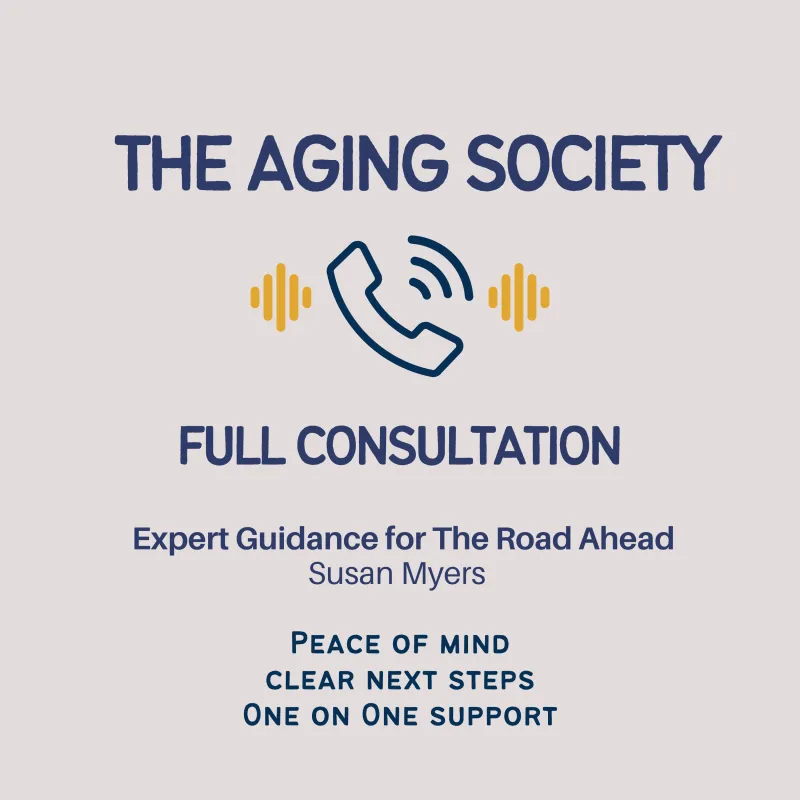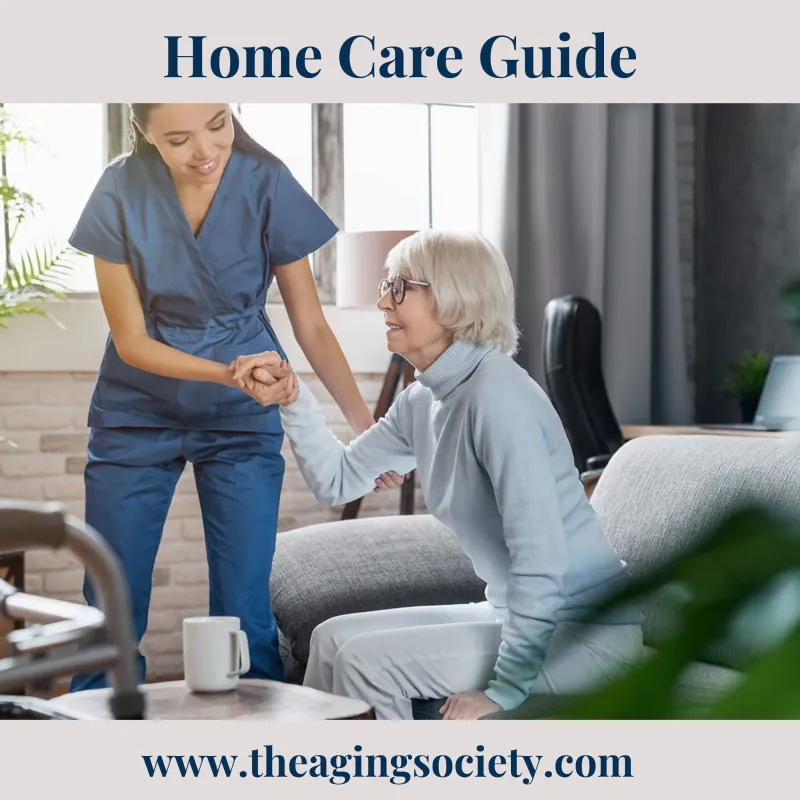The Aging Society Resource Center
Practical tools and trusted recommendations to help you care for your aging parent, without the overwhelm.
Everything Inside Here Has Been Thoughtfully Curated To Support You.
Every guide, tool, and recommendation you’ll find here is something I’ve either created myself or personally stand behind based on over 15 years of walking alongside families making some of the hardest decisions of their lives.
You don’t have to figure it all out at once. Whether you're responding to a crisis or preparing ahead, you’ll find simple tools, compassionate support, and real solutions here.
Start with a guide to get clarity. Explore caregiving tools that make daily life easier. Or, if you’re feeling overwhelmed, book a one-on-one consultation and we’ll walk through it together.
This is more than a store. It’s a support system, built for you, and the people you love.
Start Strong:
Free Tools to Help You Begin
Feeling stuck, scared, or unsure where to begin? You’re not alone.
These free tools were created to give you a starting point, whether you’re facing tough decisions, navigating emotional conversations, or trying to understand what care your parent might need.
Start with the one that fits where you are today. Every small step forward matters.
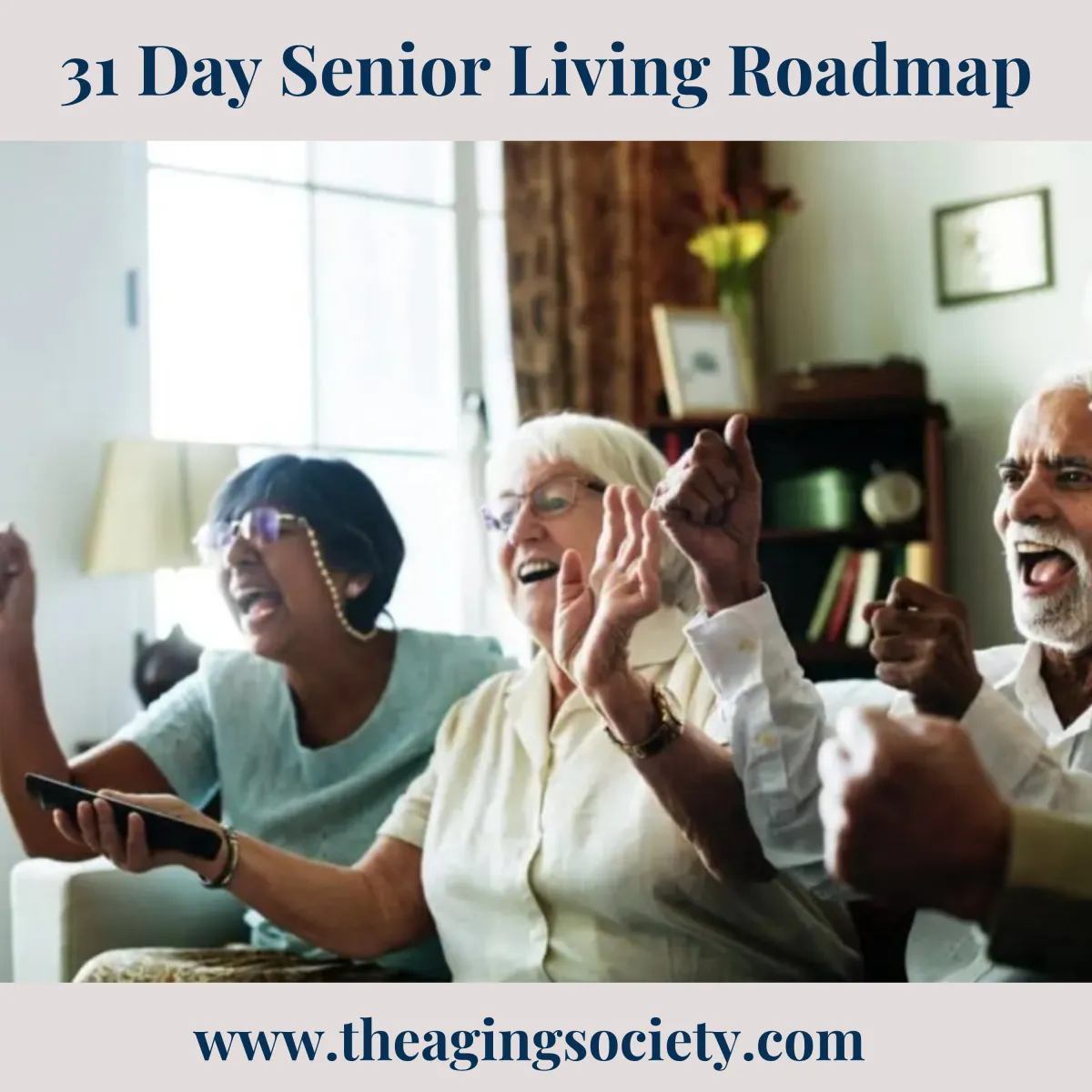
Feeling overwhelmed? This 31-day email roadmap guides you through one small, actionable step each day to help you create a confident, personalized plan for your aging parent.
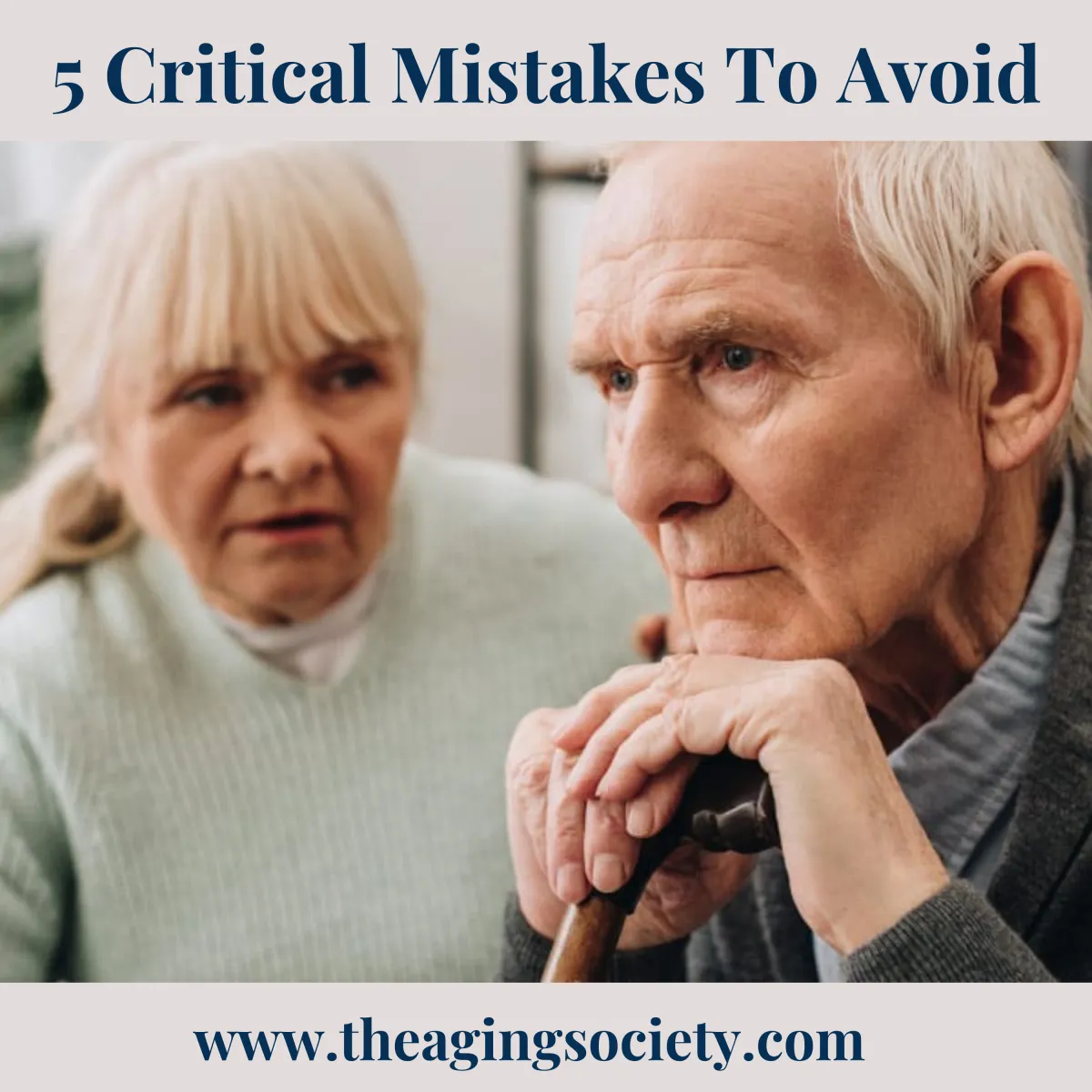
Don't make a decision you'll regret later. This free guide reveals the most common mistakes families make when choosing senior care, and how to avoid them with clarity, confidence, and calm.
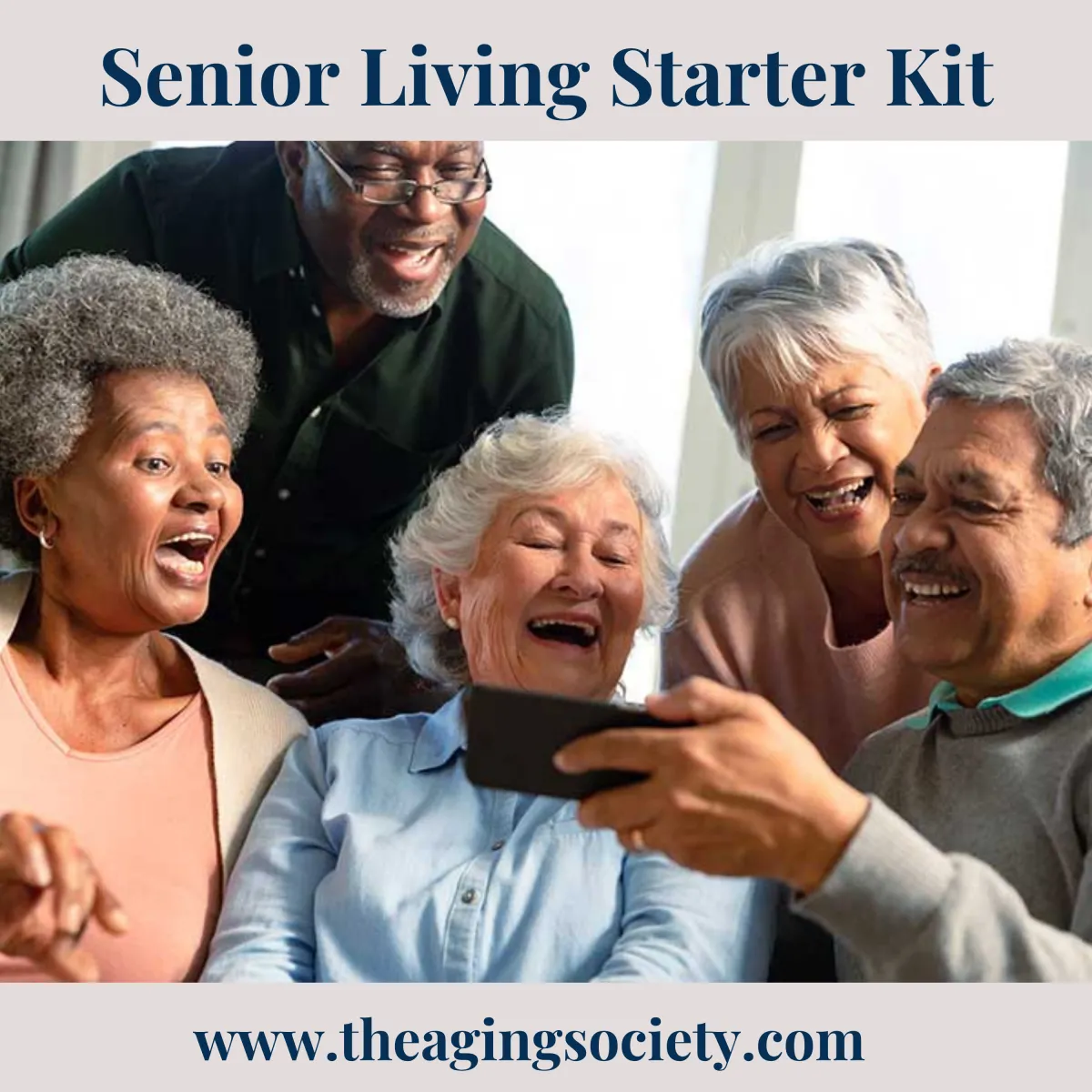
This free starter kit gives you the essential checklists, tools, and questions to help you get clear on what your aging parent needs, and what steps to take next.
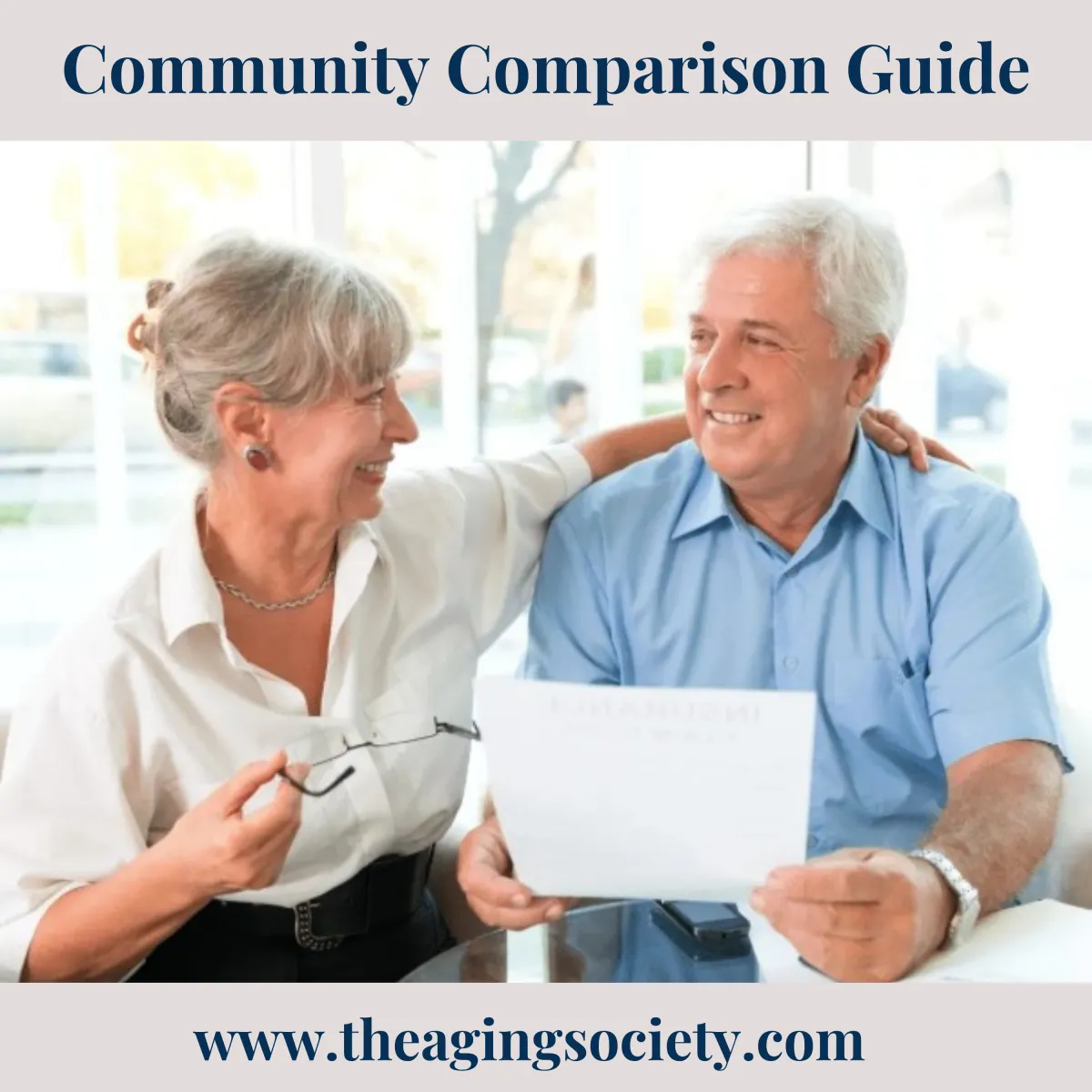
Touring senior living communities? This free checklist helps you ask the right questions and notice what really matters, so your decision feels thoughtful, not rushed.
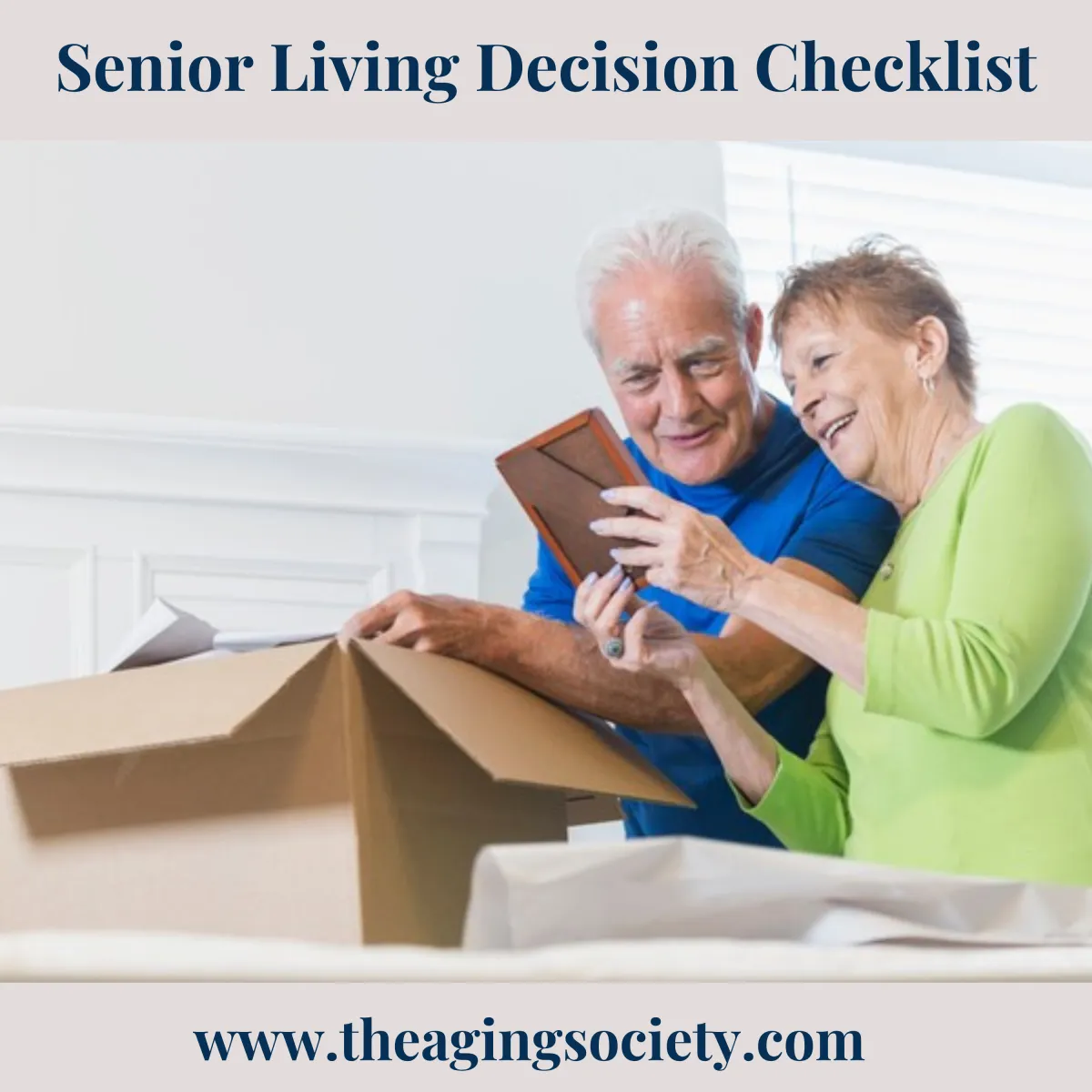
This free checklist helps you get clear on what your aging parent truly needs before you tour communities. It’s a quick, way to sort through emotions, and care requirements, for next steps.
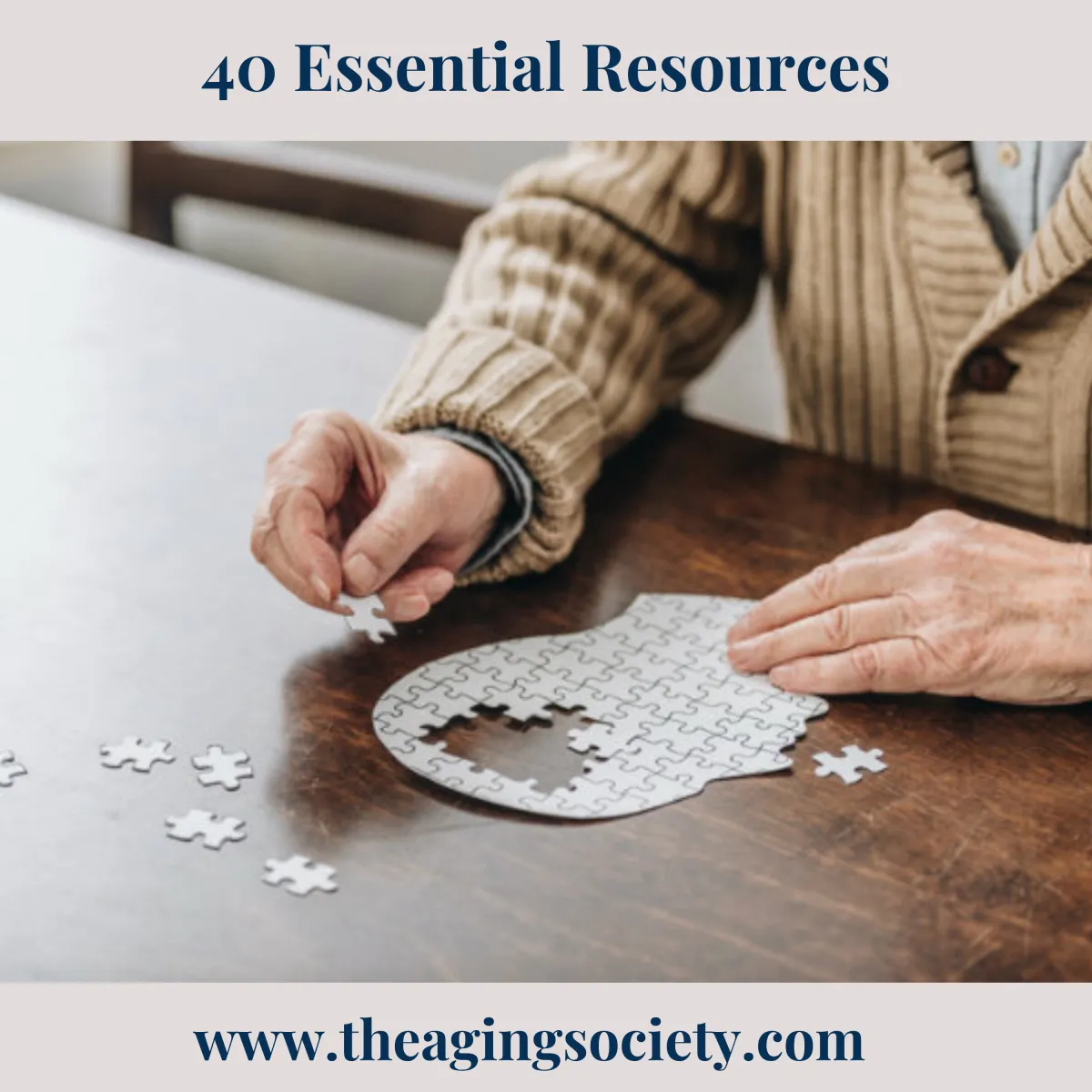
Caring for an aging parent, can feel like you’re trying to solve a puzzle without all the pieces. This resource gives you 40 selected links to trusted services, tools, and support systems.
When Free Isn’t Enough, Clarity Is the Next Step
If you're still carrying all the questions and second-guessing yourself, you're not alone.
These $9 Clarity Reports help you stop spinning, and start moving forward with confidence.
Your First Steps Forward
Each $9 Clarity Report is personalized and gives you just what you need, no fluff, no overwhelm for your particular situation. Inside, you’ll find practical language, reflection prompts, and action steps to help you move forward with more clarity and less stress.
Every report is personally reviewed and delivered within 24 hours, so you get thoughtful guidance when you need it most.

Feeling stuck? This PERSONALIZED $9 Quick Clarity Quiz gives you personalized next steps you can actually use. You'll get supportive language, smart suggestions, and a thoughtful report within 24 hours.
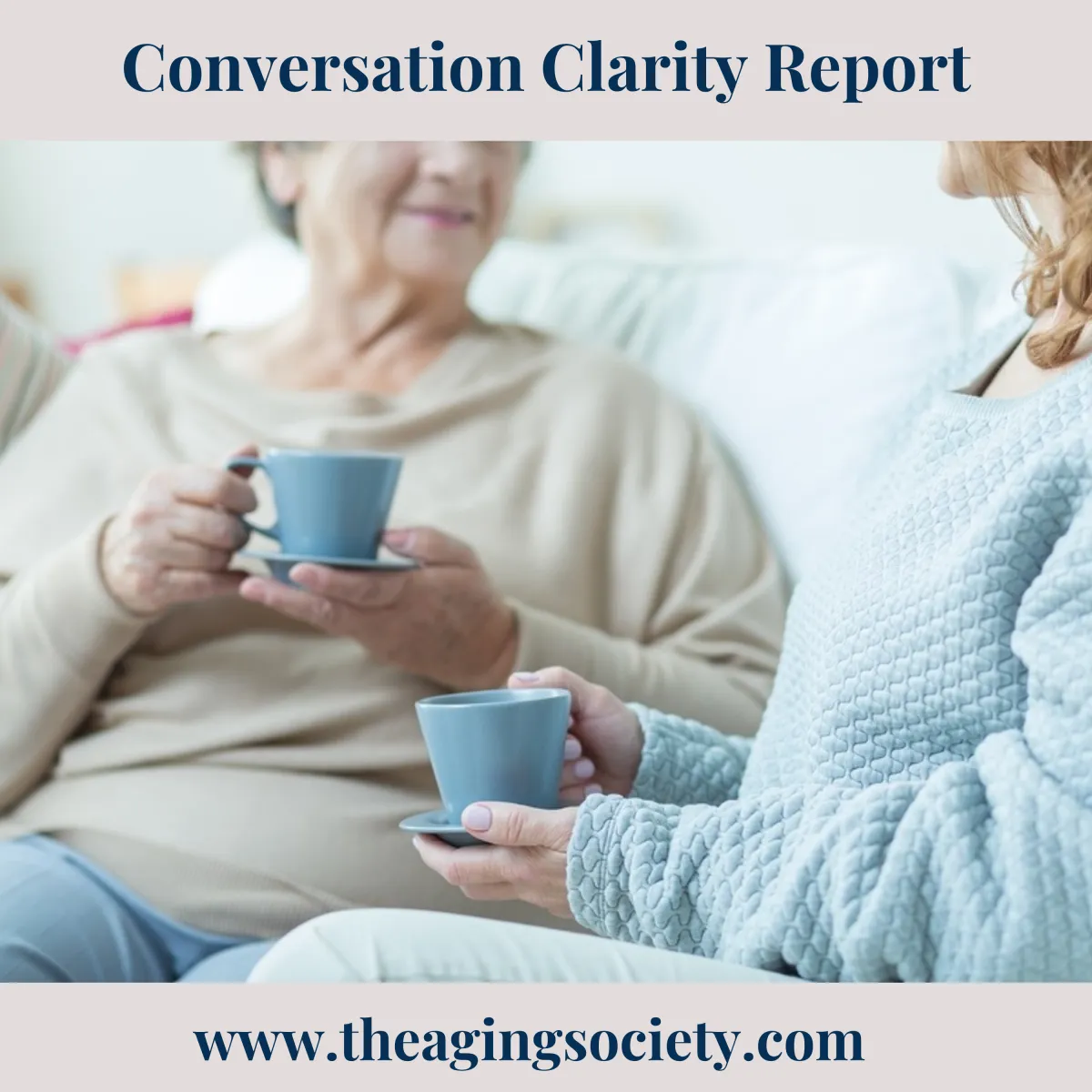
Whether you're talking to a parent, sibling, or provider, and you're not sure what to say, or how to say it, this PERSONALIZED $9 guide gives you the words, structure, and support to start the right conversations.
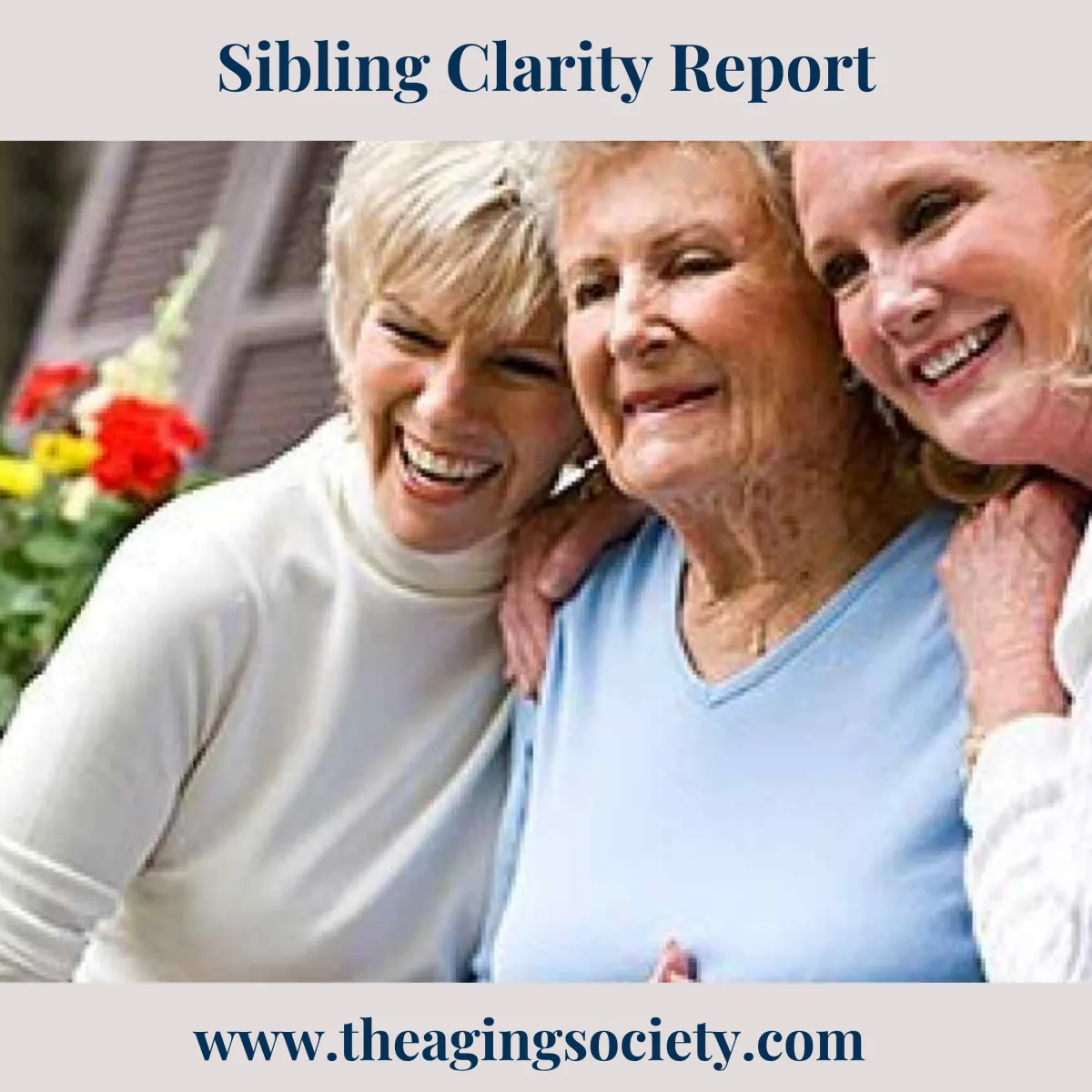
When tensions rise over who does what, this PERSONALIZED $9 report helps you reset the conversation. Get insight into your family’s dynamic, and scripts for hard moments, to move forward.
Clarity Is Just the Beginning
Once you know what’s really getting in the way, you’re ready to take the next step, whether that’s exploring care options, talking to your family, or making a plan with support.
What Comes After Clarity?
Choose Your Next Step.
You’ve taken the first step and identified where the real challenges are.
Now it’s time to move forward, with the right support for your situation.
Whether you're ready to explore care options, gather your family, or talk it through one-on-one,
these next-step tools are designed to help you lead with confidence and calm.

Not sure what kind of care your parent actually needs?
This $19 personalized guided quiz gives you a personalized result, Home Care, Independent Living, Assisted Living, or Memory Care, plus a clear next-action plan.

If you’re trying to get everyone on the same page, this $29 course and workbook helps you lead a calm, productive family conversation—before the crisis hits.
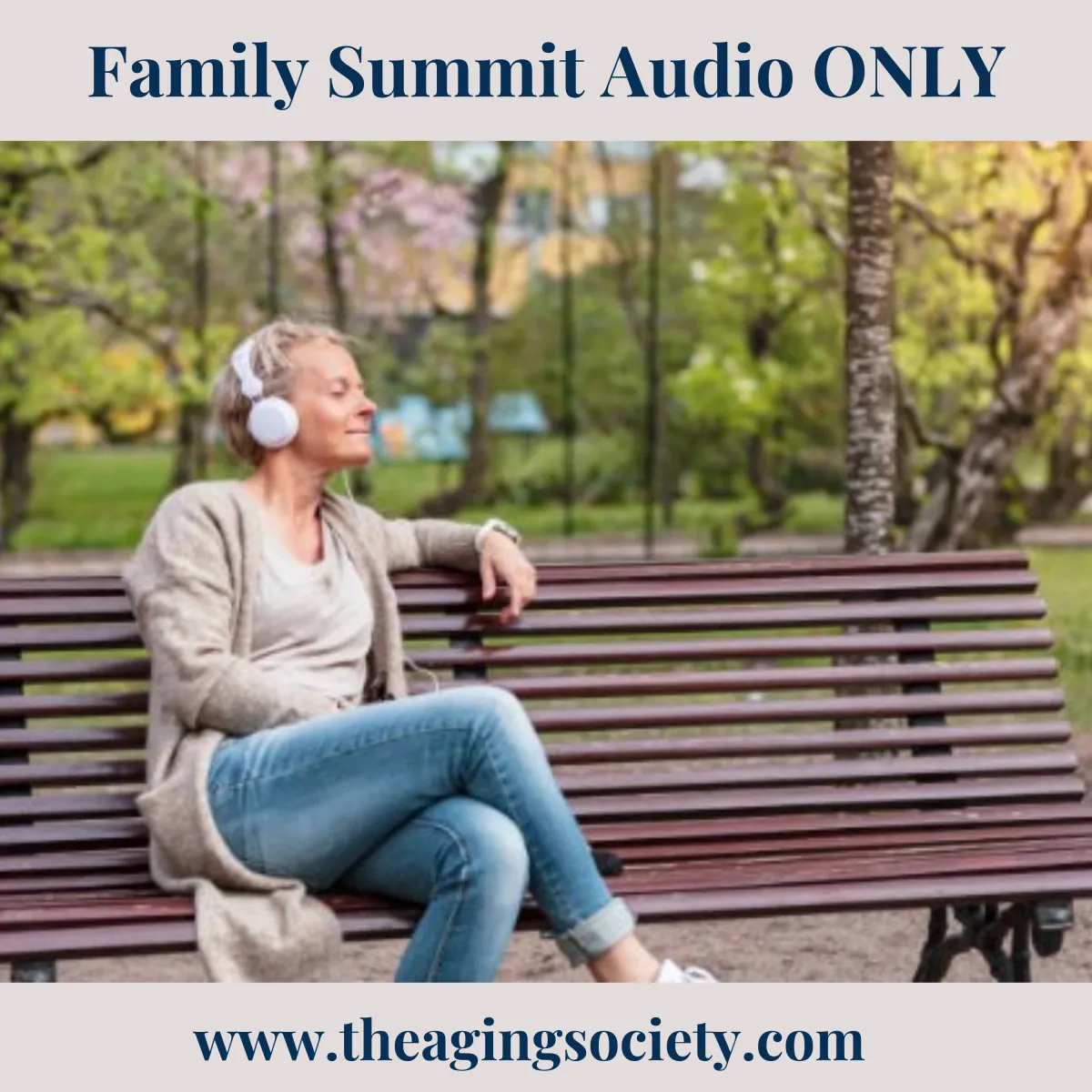
Prefer to listen instead? Grab the audio-only version with full show notes for $15.
(No worksheets included)
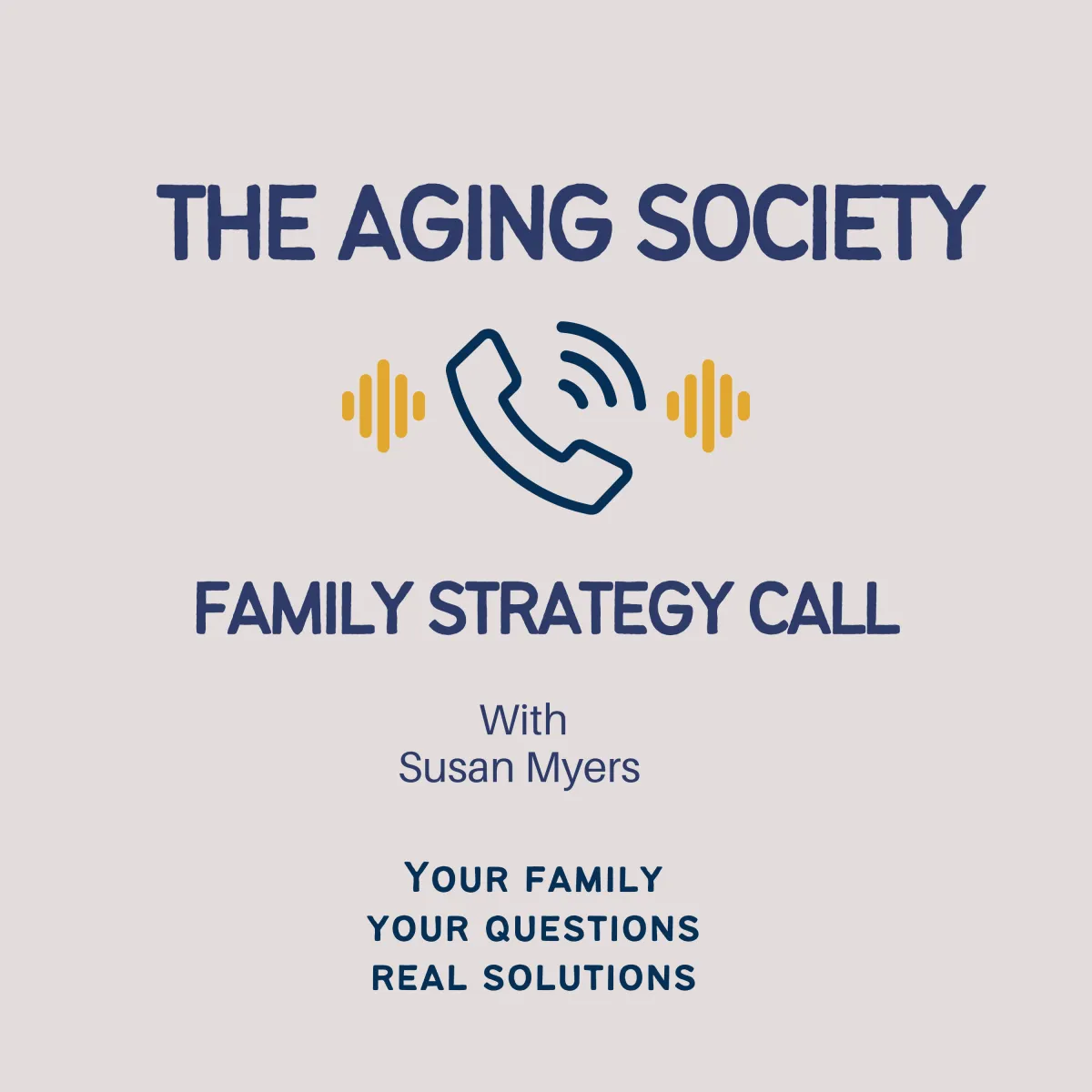
When the decisions feel heavy or the family dynamic is complicated, don’t carry it alone. In this private call, we’ll map out your next steps and lighten the emotional load. $79 for 30 minutes
See Our Latest Blogs
Stay up-to-date with our latest insights, tips, and trends by diving into our newest blogs. Whether you're seeking industry expertise, marketing strategies, or product inspiration, our blog section is your go-to resource for valuable content.
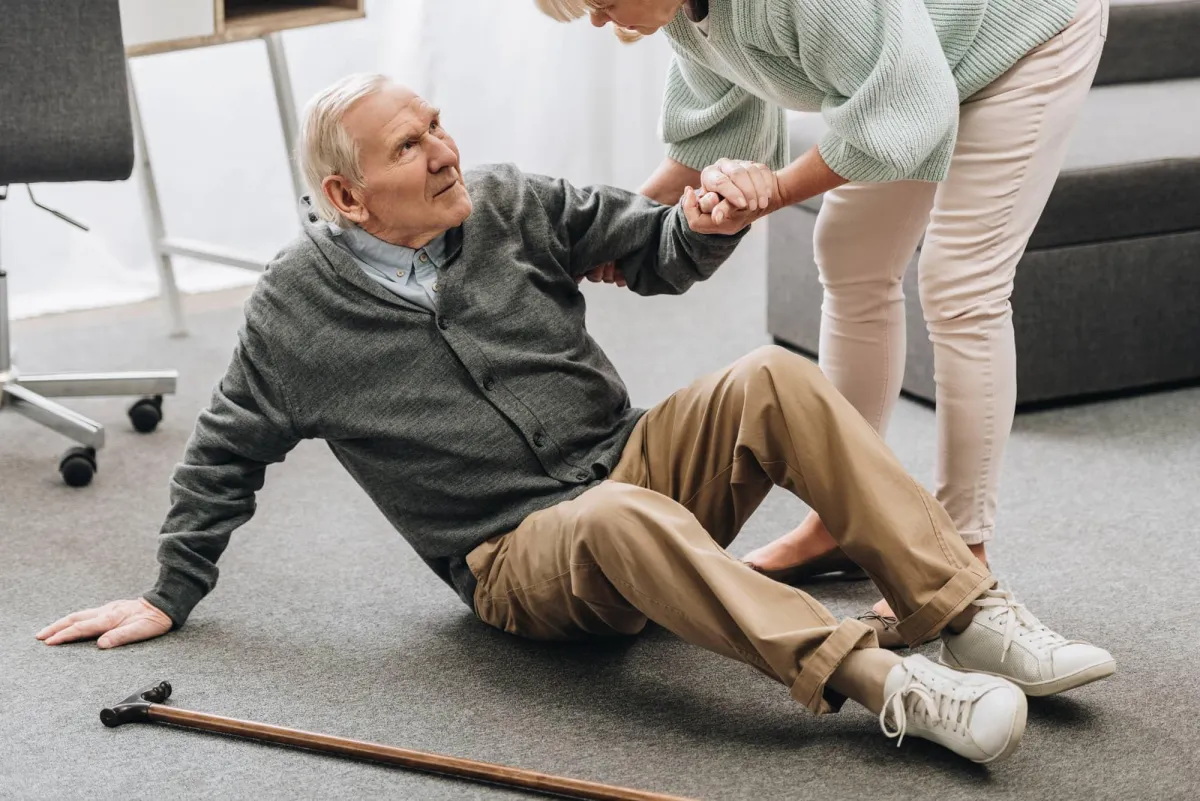
What Happens If My Parent Falls and Can’t Get Up?
How to Plan Ahead So One Fall Doesn’t Lead to a Crisis
It’s a scenario no one wants to imagine, but many adult children of aging parents eventually face it: Your parent has fallen. They’re alone. And they can’t get up. Now what?
This frightening moment can turn into a medical, emotional, and logistical emergency in seconds. Whether it’s a slip in the bathroom, a stumble in the garden, or a quiet collapse while trying to get out of bed, falls are the leading cause of injury among older adults. But the real danger often isn’t the fall itself, it’s what happens next.
If you’re caring for an aging parent, here’s what you need to know and how to prepare before the next call comes.
1. The Immediate Risk: Minutes Matter
When an aging adult can’t get up after a fall, the biggest threat becomes time. Lying on the floor for hours or overnight can cause:
Dehydration and pressure sores
Hypothermia
Muscle breakdown (rhabdomyolysis)
Panic and emotional trauma
According to the CDC, even falls without injury can lead to fear of falling again, which causes many seniors to limit activity, reducing strength and balance and increasing the likelihood of another fall.
Fast Action Tip: If your parent falls, stay calm. If they’re conscious and able, encourage them to slowly move to a seated position. If they’re injured or unable to move, call 911 immediately.
2. The Silent Struggle: What If No One Knows They Fell?
This is often the most haunting question. Seniors living alone or without regular check-ins may not be found for hours or even days. That’s why passive fall prevention isn’t enough. We must also plan for fall detection and response.
Solutions to consider:
Medical alert systems with fall detection can automatically call for help even if your parent can’t press a button.
Daily check-in routines: A simple phone call, text, or app-based check-in can be life-saving.
Smart home devices: Motion sensors and voice assistants can alert you to unusual patterns or a lack of movement.
Care Tip: Choose a fall alert system that works even in the shower, since many falls happen in the bathroom.
Try This: A Waterproof Fall Alert System That Works Everywhere
If your parent has ever fallen while showering or gardening, you know how scary it can be, especially if no one is around to help. One of the simplest and most effective solutions is a waterproof fall alert system. These devices allow seniors to call for help with the press of a button, even if they’re outside or in the shower.
👉 We recommend this one on Amazon. It’s waterproof, lightweight, and doesn’t require a landline. Families say it offers real peace of mind, and your parent might wear it, which is half the battle. Not to mention, it's an Amazon Best Seller.
3. After the Fall: What Happens Next?
If your parent is hospitalized, you may face a whirlwind of decisions fast:
Injury care (hip, head, or wrist fractures are common)
Short-term rehab or skilled nursing placement
Safety modifications at home
Assisted living or memory care evaluation
Many families find themselves overwhelmed, unsure whether their parent can return home safely or needs a higher level of care.
That’s where planning ahead makes all the difference.
4. How to Prepare BEFORE a Fall Happens
Being proactive reduces panic and improves outcomes. Start with these essential steps:
✅ Fall Risk Assessment
Ask your parent’s doctor to assess their balance, medications, and health conditions that increase fall risk.
✅ Emergency Plan
Make sure your parent knows who to call. Keep a copy of their medical information and emergency contacts in an easy-to-access place.
✅ Home Safety Check
Install grab bars, remove trip hazards, improve lighting, and ensure easy access to frequently used areas.
✅ Communication System
Even if your parent is independent, they should never be completely out of reach.
✅ Know Your Care Options
Understand the local senior care landscape. If a fall leads to rehab or long-term care, having researched options ahead of time helps you act fast.
5. When It’s Time for More Help
If your parent has already experienced a fall or even a near miss it may be time to revisit their living situation.
Ask yourself:
Are they safe at home alone?
Do they have trouble getting up from chairs or the bed?
Have they fallen more than once in the past year?
These are signs that additional care, such as assisted living or memory care
could reduce their risk and improve their quality of life.
Need help figuring it all out?
Book a Family Care Strategy Call to talk through your parents’ unique situation. You don’t have to do this alone.
Final Thought: One Fall Can Change Everything
But it doesn’t have to. With the right tools, conversations, and planning, you can reduce the chances that a fall turns into a crisis. You can also give your parent something we all deserve: safety, dignity, and a support system that works.
💡 Want a Head Start?
Download the free Senior Care Starter Kit for essential checklists, planning tools, and next steps. Because the best time to prepare is before the fall.
This post contains affiliate links. If you purchase through these links, The Aging Society may earn a small commission at no extra cost to you. We only recommend products we truly believe in.
All Products from the aging society
Scroll through every guide, course, and support tool I’ve created, organized in one easy-to-access space.
Whether you’re planning ahead or navigating a care decision today, you’ll find something here to support your next step.
© 2025 The Aging Society LLC. All rights reserved.
Created with care for families navigating senior care decisions.
